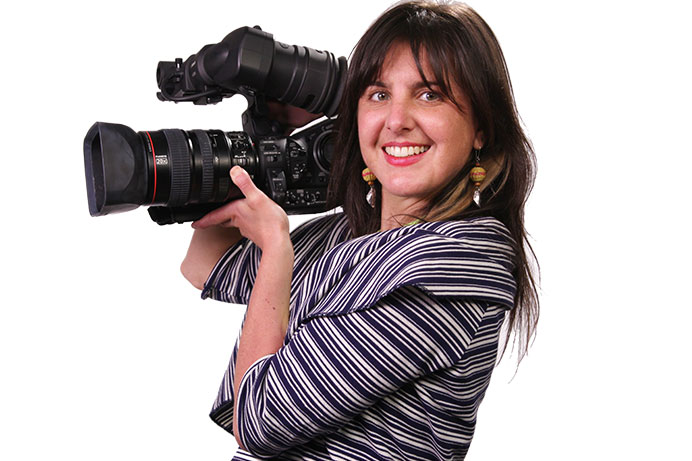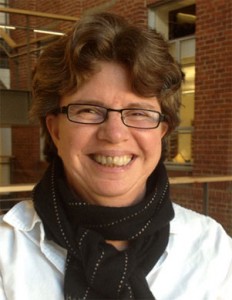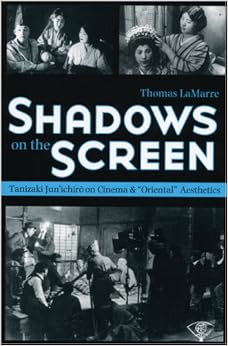CASEY REAS:
ULTRACONCENTRATED: IMAGE, MEDIA, SOFTWARE
Thursday, February 26 at 6:00pm
Lawrence Hall, Room 115 1190 Franklin Boulevard, Eugene, OR

Casey Reas is an artist and educator based in Los Angeles. He has exhibited, screened, and performed his work internationally in galleries and museums around the world. Reas is a professor at the University of California, Los Angeles. He holds a master’s degree from the Massachusetts Institute of Technology in Media Arts and Sciences, as well as a bachelors degree from the School of Design, Architecture, Art, and Planning at the University of Cincinnati. With Ben Fry, Reas initiated Processing in 2001, an open source programming language and environment created for visual artists.
Within the visual arts, software is a misunderstood medium. It’s dismissed by some and championed by others, but it remains an enigma to most. Certainly, software is the dominant tool for design and production, but it can be more. Will software emerge as the next prominent art medium in the post-photographic world? What is a software studio? What is unique about working with software in the context of the visual arts? How does an artist learn to write software? Casey Reas has written custom software for over a decade to explore visual systems and emergent form. In this presentation, a hybrid of a screening and a presentation, he will share a selection from twelve years of work to address these questions.


![Poster[2]](https://blogs.uoregon.edu/newmediaculture/files/2015/02/Poster2-1hxudga-194x300.jpg)
 Danny O’Brien
Danny O’Brien Madeleine Bair
Madeleine Bair Gabriela Martinez
Gabriela Martinez Endalk Chala:
Endalk Chala: Tewodroe Workneh
Tewodroe Workneh


 James Tice
James Tice


 Save the Date:
Save the Date:


 The Department of East Asian Languages and Literatures
The Department of East Asian Languages and Literatures Thomas LaMarre is Professor of East Asian Studies and Associate in Art History and Communications Studies at McGill University. His books include
Thomas LaMarre is Professor of East Asian Studies and Associate in Art History and Communications Studies at McGill University. His books include